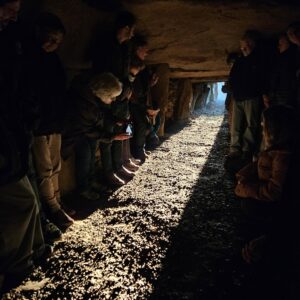
Conservation areas have existed in the UK for decades. The concept came into effect in 1967 with a new law designed to protect areas of architectural and historic interest. Since then, around 10,000 conservation areas have been designated in England, 600 in Scotland, 500 in Wales, 20 in the Isle of Man, and 27 in Guernsey.
Now 55 years on, Jersey could be set to adopt a similar framework.
Earlier this month, the government published a document outlining how places of architectural or historic interest could be protected in Jersey. The proposals will be considered in April as part of the ongoing Bridging Island Plan debates. Ahead of this, Islanders are being asked for their views on the proposals, and how they think these ‘special’ areas could be assigned and improved.
Minister for the Environment, Deputy John Young said the Island has a “longstanding commitment” to protect areas of interest. In fact, the States Assembly has endorsed proposals to introduce conservation areas in Jersey in successive Island Plans, since 1987.
Could 2022 be the year that Jersey’s heritage is given more protection?
Amending planning laws for area-based protection
Currently, the Island’s legal framework protects specific buildings and places. But unlike the UK, it does not extend to areas of architectural or historical interest. To introduce such area-based protection in Jersey requires an amendment to Jersey’s planning laws.
If the law changes are agreed, the framework sets out how conservation areas could be designated, potential criteria, and what protection might be offered.
‘There are areas of the Island which clearly have special and distinctive heritage character,’ Deputy John Young said. ‘Of course, before any designation is proposed we’ll speak to, and listen to, the local community and produce a character assessment to show the heritage value of each place.’
He added: ‘There is always a balance to be struck when managing change alongside protection of our heritage.’
Islanders are invited to complete an online survey as part of the consultation, which runs until Friday 8 April. You can also submit your comments separately to the Historic Environment Team.




